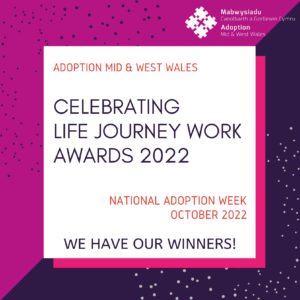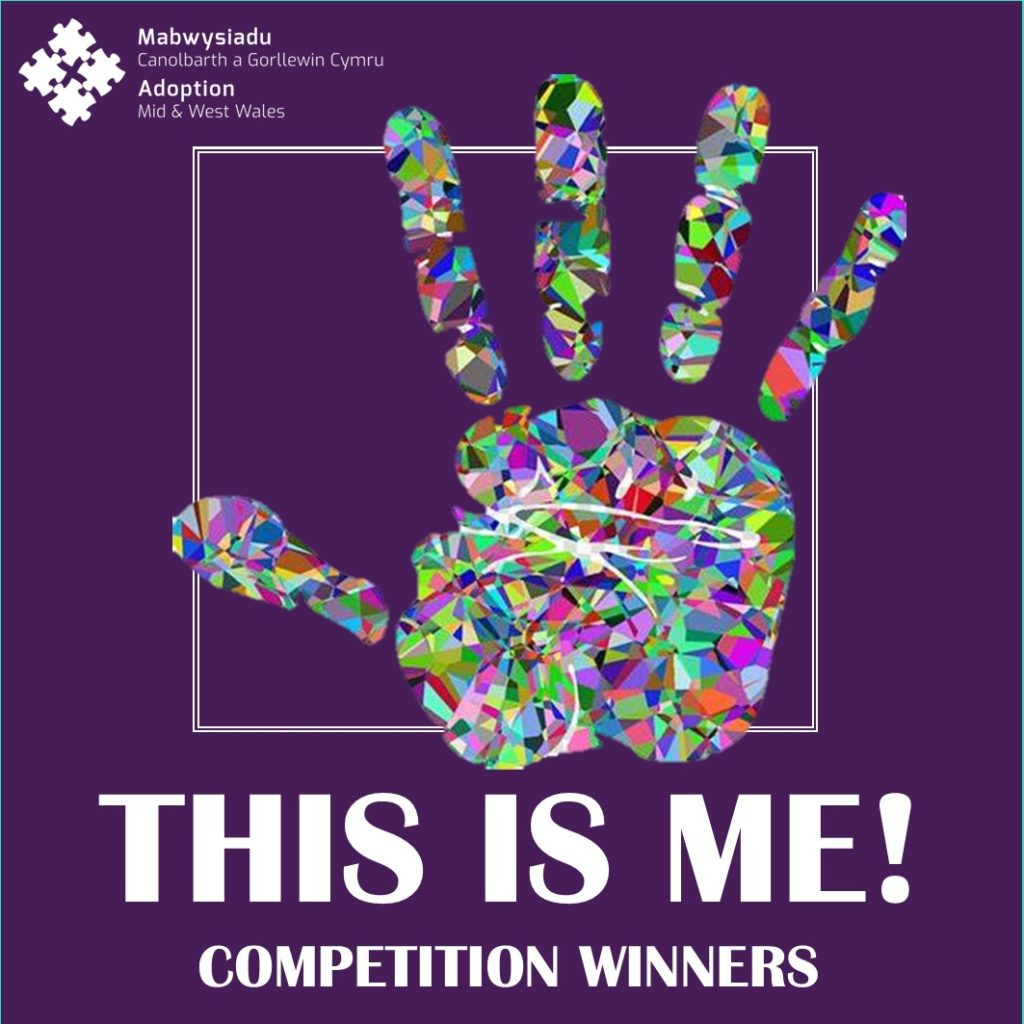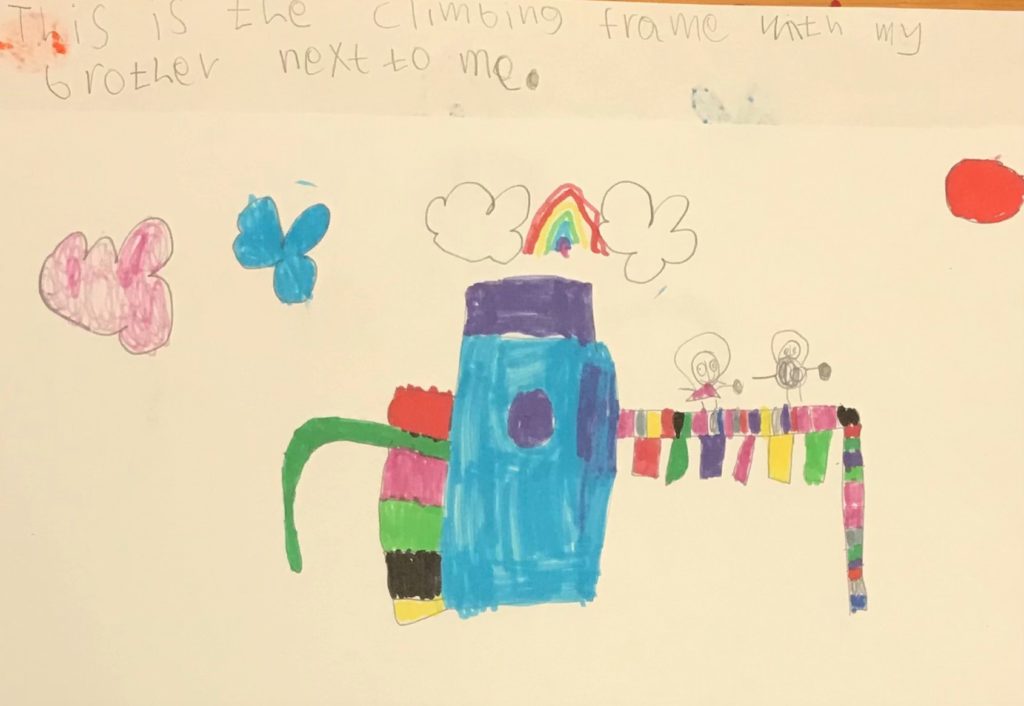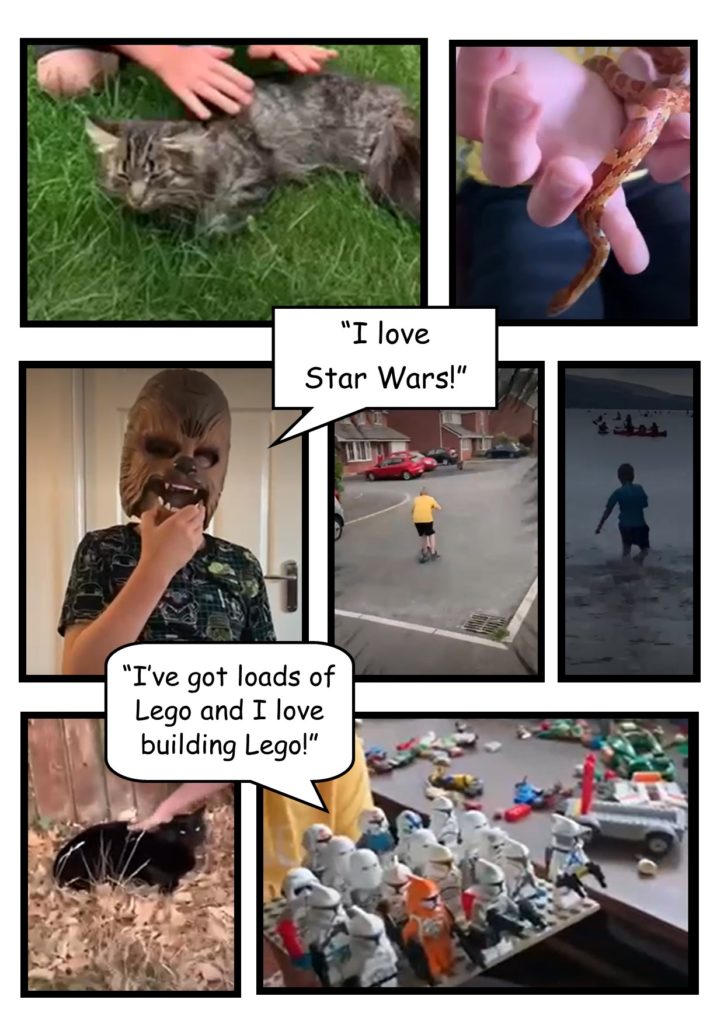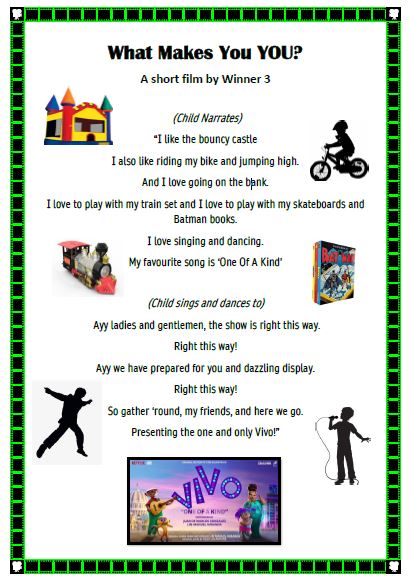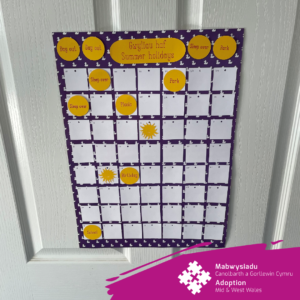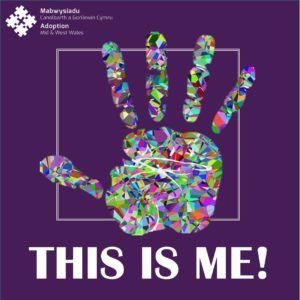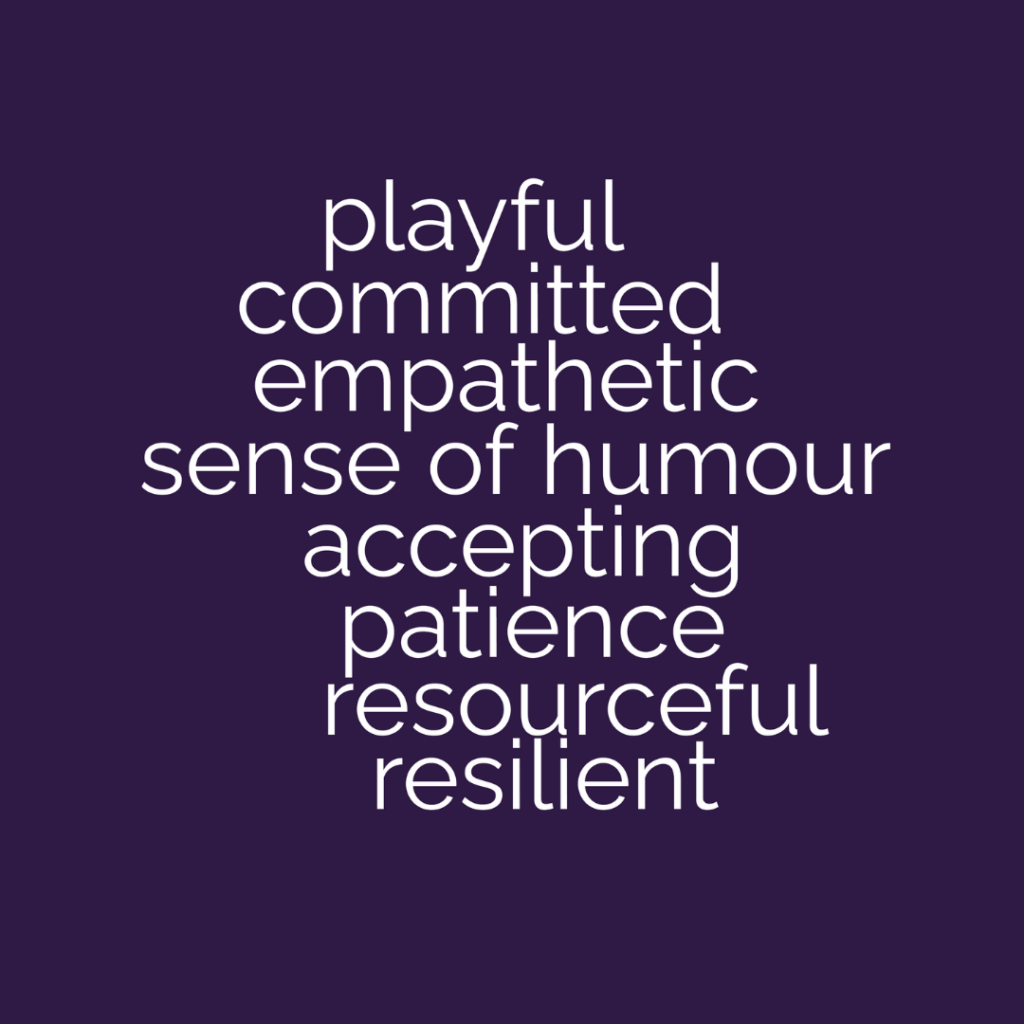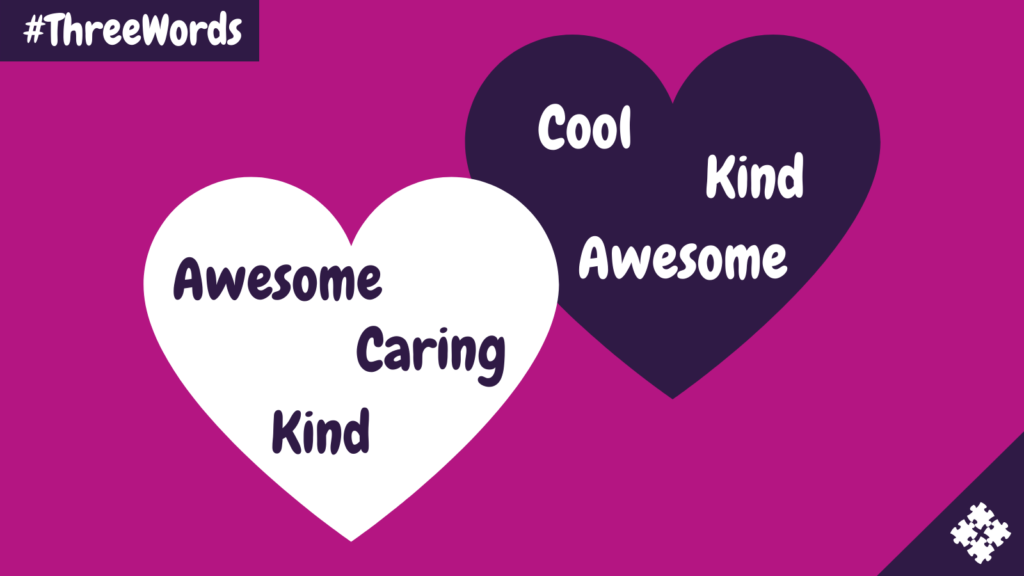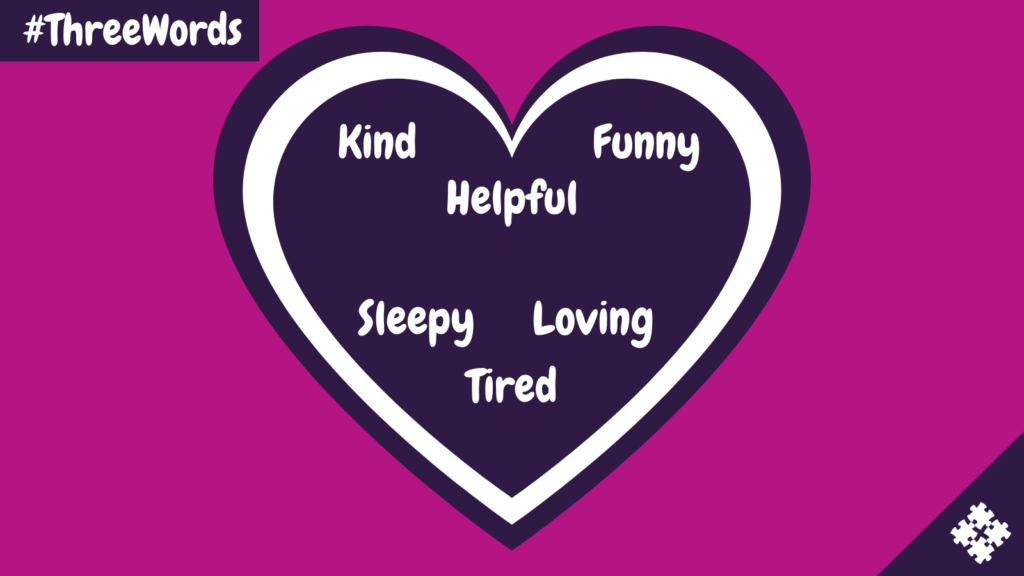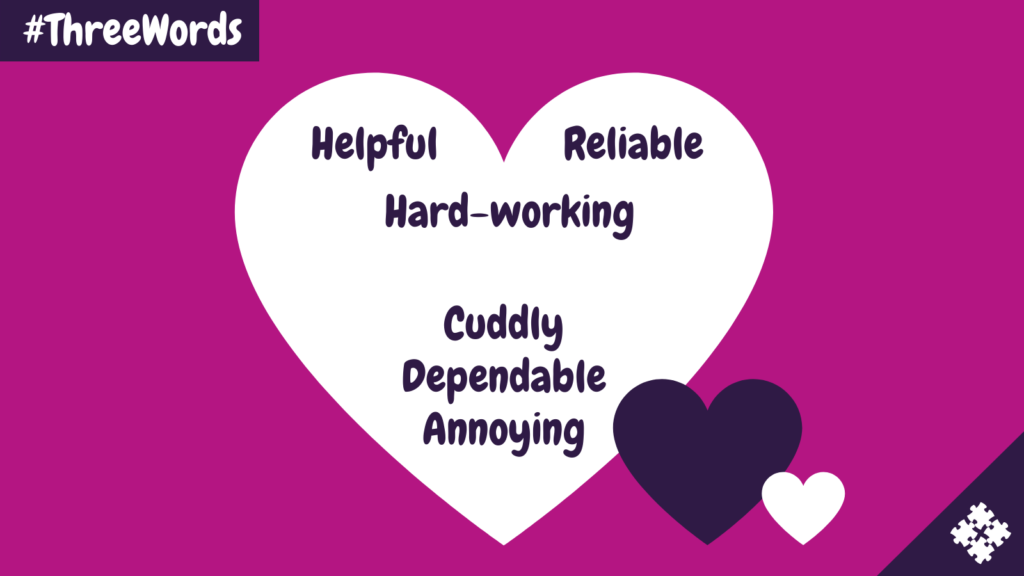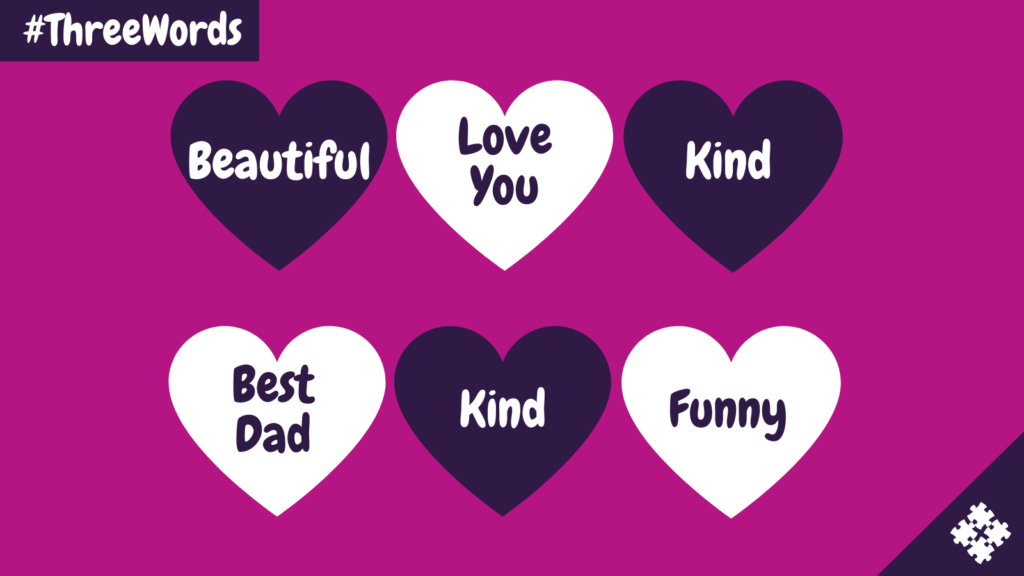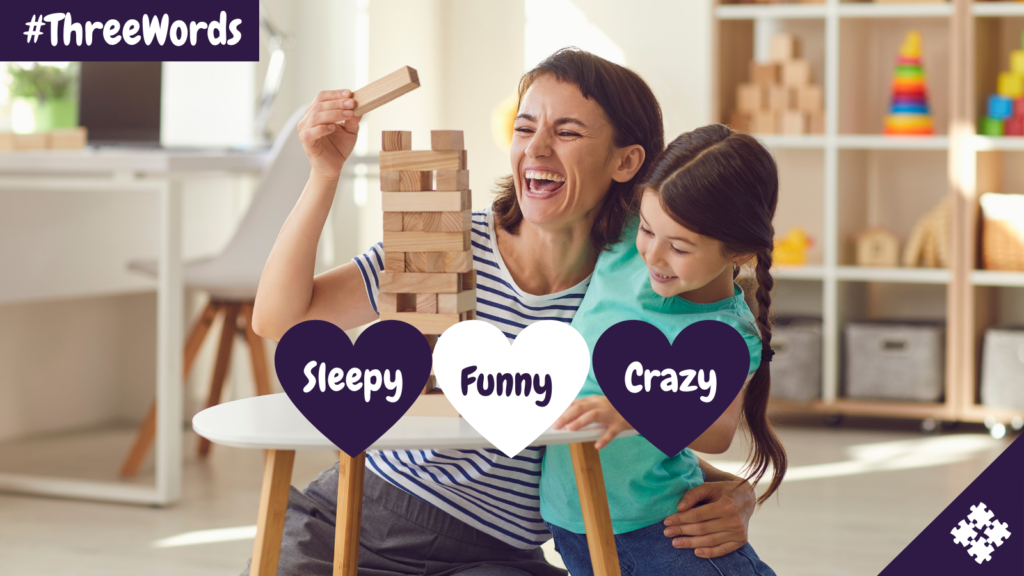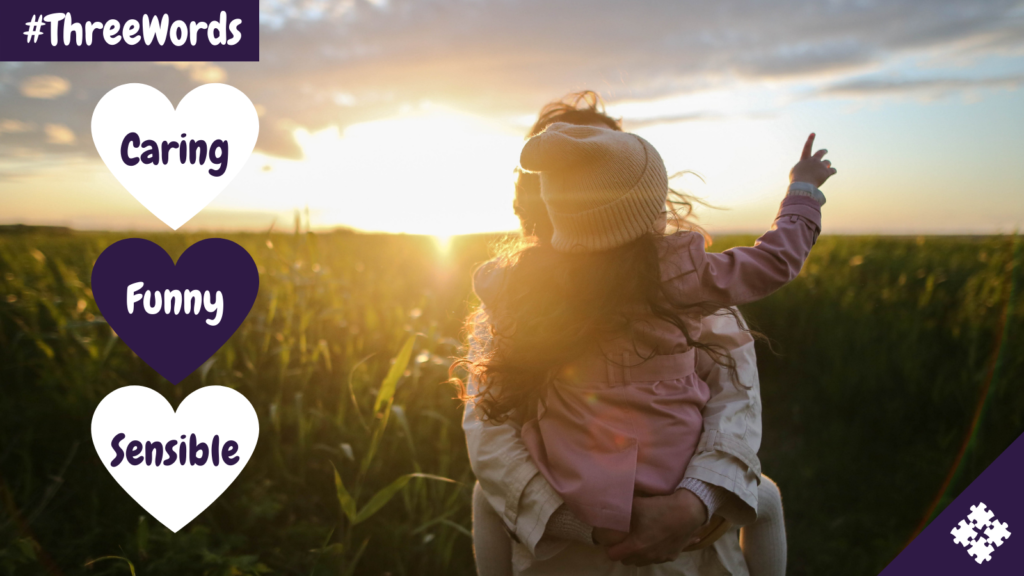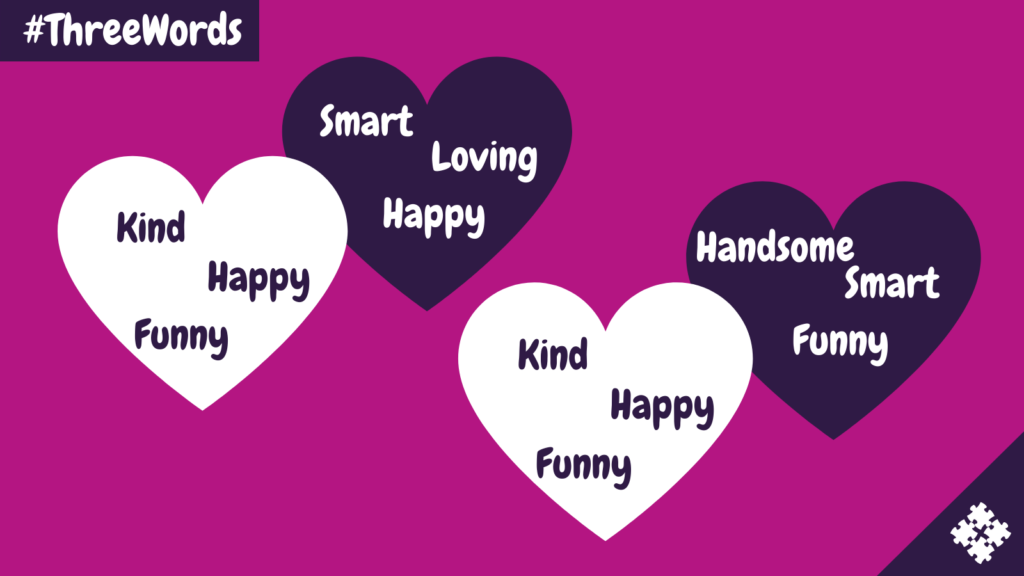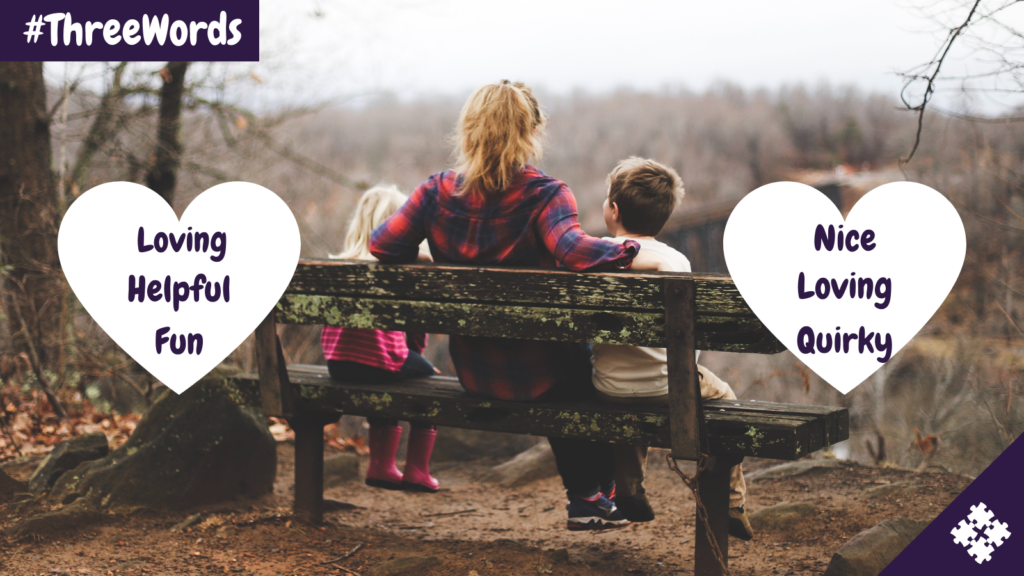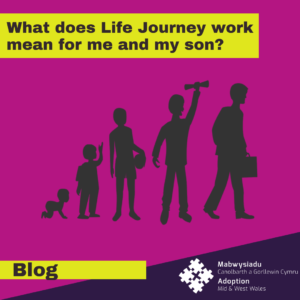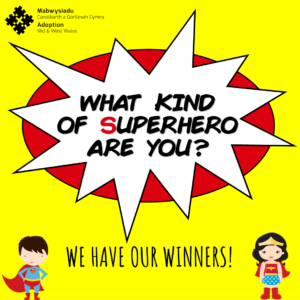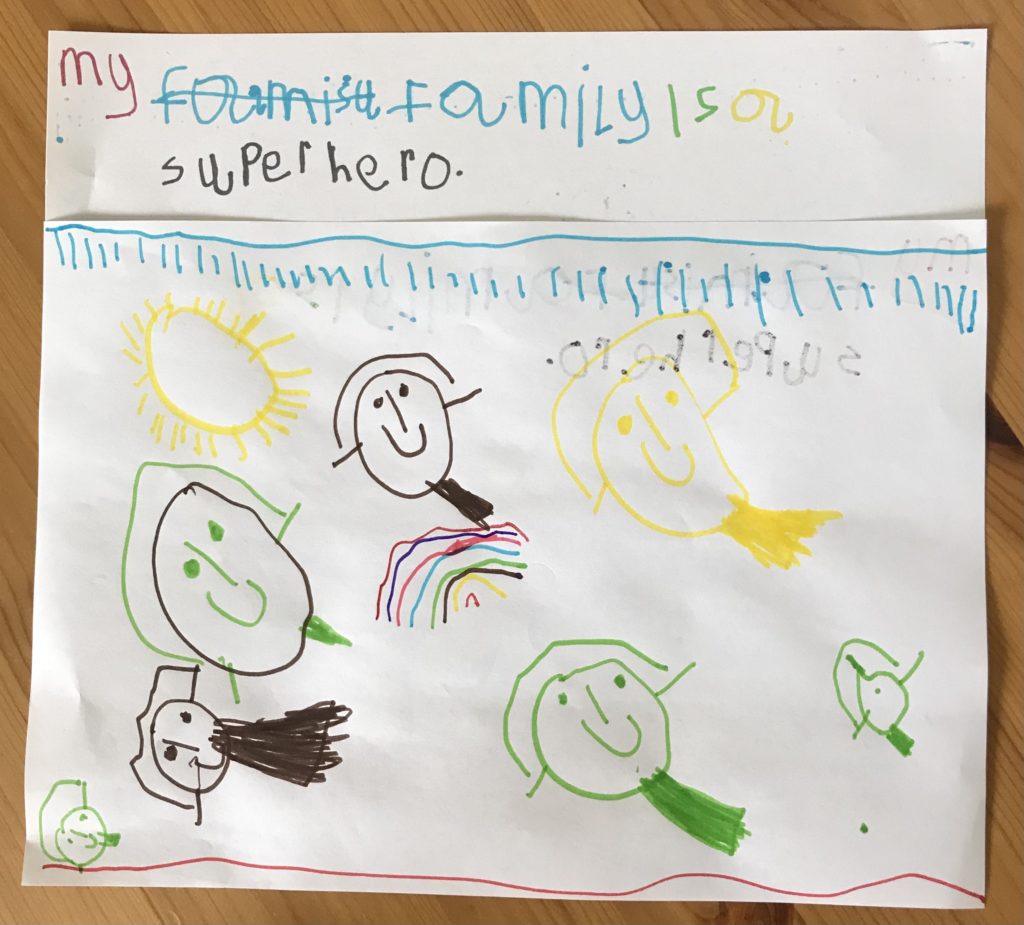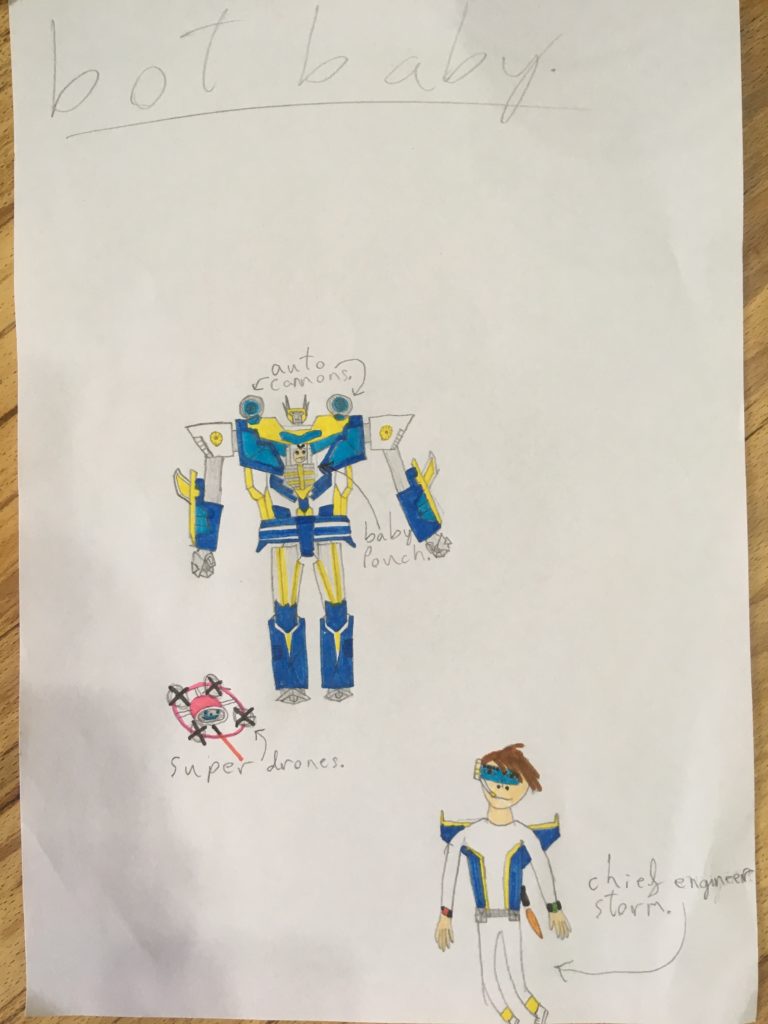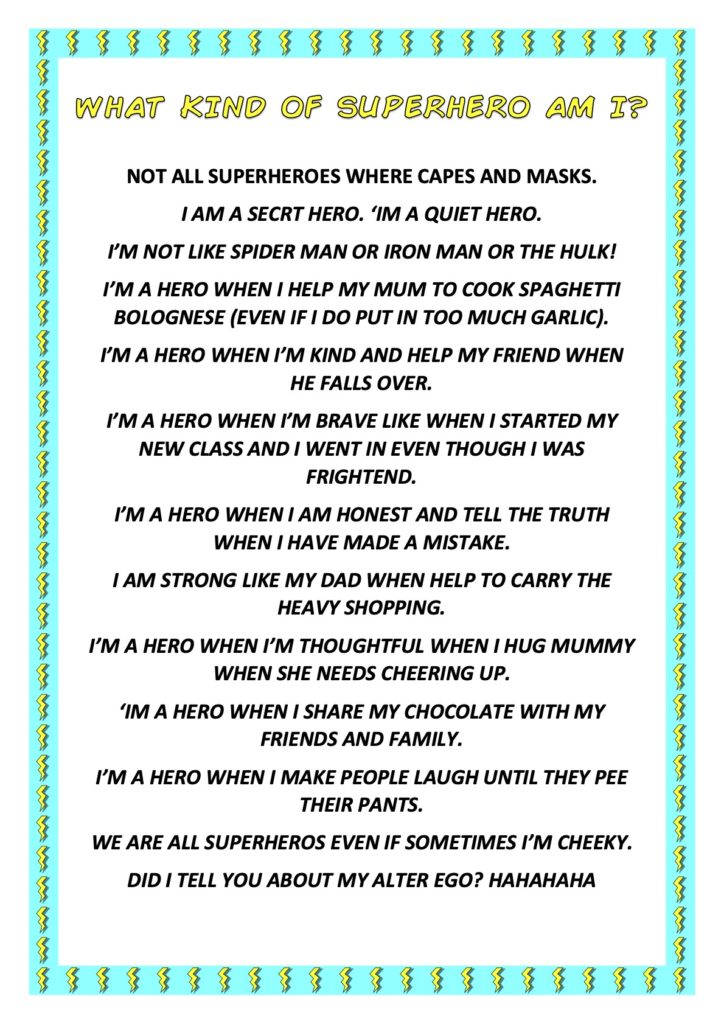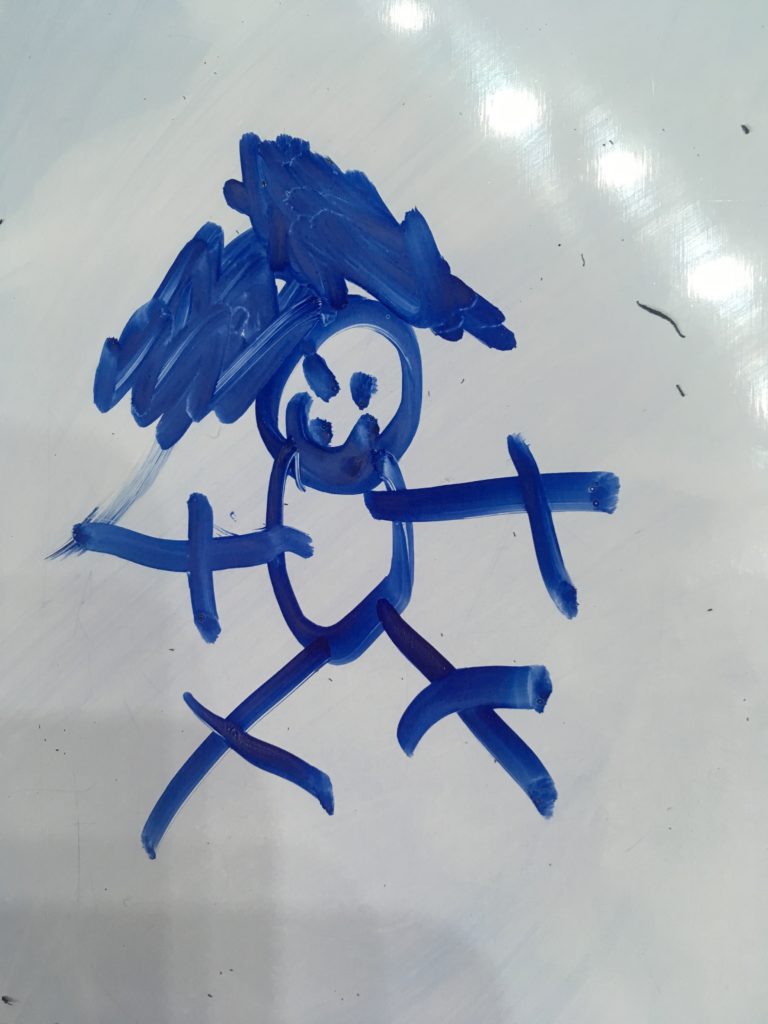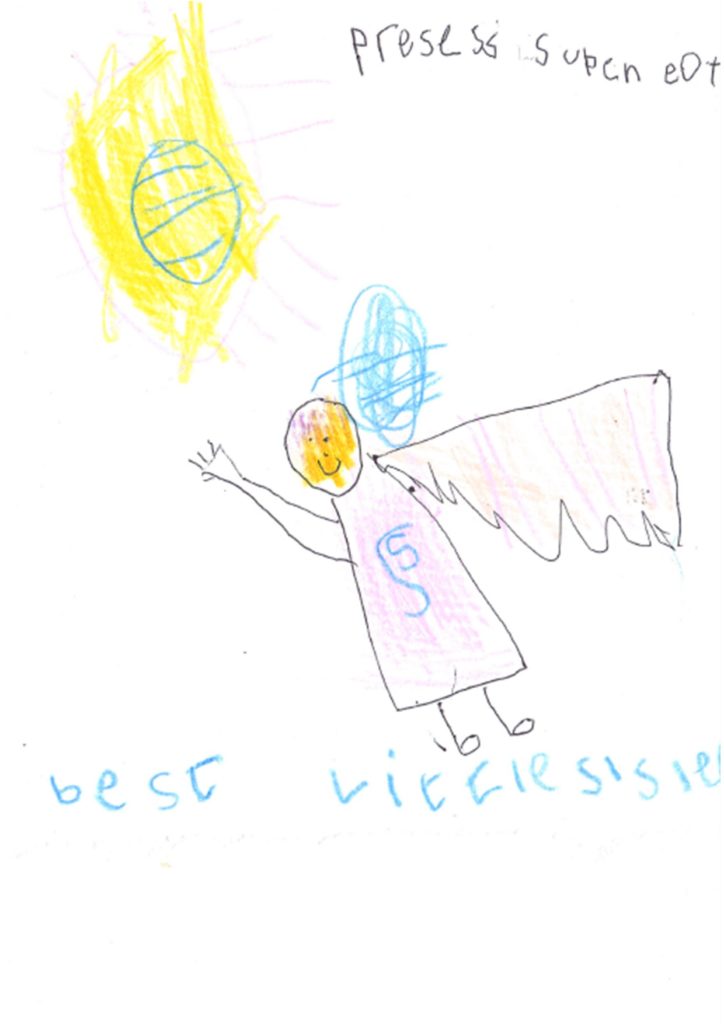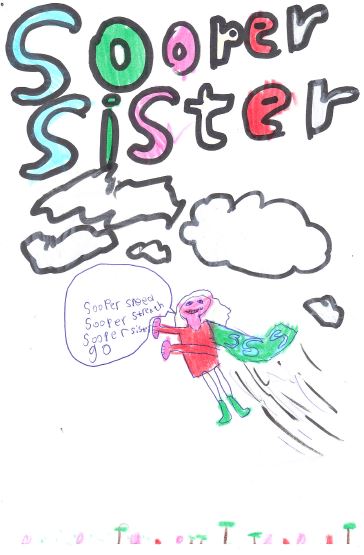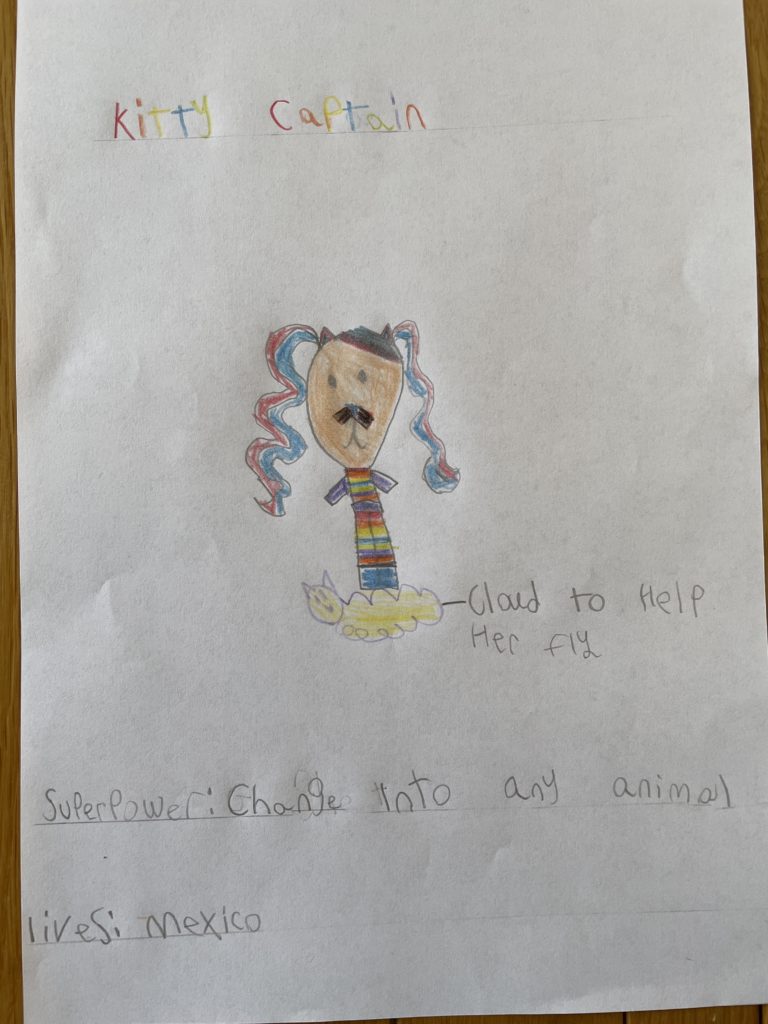We need adopters from a variety of backgrounds so we can place children with families and individuals who share their own culture, language, and religion, and many people now decide to start a family later in life.
We are interested in what you can bring to a child’s life. Ultimately it is your capacity to make a commitment to providing a loving and permanent home to a child which makes a difference.
There are many reasons why people think they are not eligible to adopt, but here are some of the myths that surround adoption.
Myth #1: I’m too old to adopt
There is no upper age limit for adopting a child – the only age-related stipulation for adoption is that you must be over 21 years of age. We will take into account each applicants’ individual circumstances including checking that you are in good health, you have a good support network, and you are likely to be able to support an adopted child into adulthood, but many people in their 40s and 50s have successfully adopted children.
Myth #2: I can’t adopt because I’m LGBTQ+
The law allows same sex couples, the right to adopt, and this became law in December 2005. If you are a same sex couple you don’t need to be in a Civil Partnership or married to adopt, you will need to show that you are living together in an enduring relationship.
Myth #3: I can’t adopt because I’m single
A common misconception with adoption is that you must be married to adopt. However, a single person can adopt if they would like to add a child to their life. We welcome enquiries from Single people of any gender. We will discuss the support that you have around you during the assessment process.
Myth #4: We aren’t married, so we won’t be allowed to adopt
You can adopt a child regardless of your marital status – whether you’re single, unmarried, or in a civil partnership. It is usually recommended that you and your partner have lived together for at least one year before beginning your adoption journey, but as long as you can demonstrate that you are in a stable, enduring and resilient relationship, you will be able to apply together to become adoptive parents.
Myth #5: I don’t own my own home, so I’m not eligible to adopt
You don’t need to be a homeowner to adopt a child. If you have a stable rental agreement in the property you’re renting, you can be considered for adoption. Ideally, you will need a spare bedroom for an adopted child; it is important that they have a space which they can call their own. It can also be particularly helpful when adopting a slightly older child, as relationships with existing children in the family can take time to settle down.
Myth #6: I work full time, so I can’t be considered for adoption
It’s not necessarily true that being a full-time worker will exclude you from becoming an adoptive parent. It is true that you (or your partner, if you are adopting as a couple) would be encouraged to take an extended period of adoption leave from work, to help your new child to feel safe, settled, and secure in their new family.
We encourage adopters to think about how they will manage financially whilst taking time off work. People who are employed are entitled to paid adoption leave, but those who are self-employed will particularly need to consider how they will balance the need to work and the need to offer a child that vital stability early in the placement.
Myth #7: I’m unemployed / on benefits, so I’m not allowed to adopt
Your financial stability and money-management abilities will be discussed during the adoption assessment, but being unemployed, on a low income or on benefits will NOT automatically exclude you from becoming an adoptive parent.
If your job has been affected by the COVID-19 pandemic and / or you have been furloughed during the last few months, this will not automatically rule you out either. Please discuss your situation openly with us, and we will support and advise you.
In some circumstances, financial support may be available from the agency placing the child, so please talk to us before ruling yourself out.
Myth #8: I already have birth children, so I won’t be allowed to adopt
Having birth children will not necessarily prevent you from becoming an adoptive parent too. The age gap between your birth children and any prospective adoptive children will be considered, as will each child’s position within the family. Usually, agencies would want an adopted child to be the youngest in the family by at least two years.
We will work closely with you to ensure that the needs of ALL the children involved are recognised.
Myth #9: I can’t adopt because I follow a particular faith / religion
Adopters can be of any or no religious faith. Children who are waiting for adoption come from many different backgrounds, cultures and religions, and adoption agencies accordingly welcome adopters from all walks of life.
Research has shown that people of faith can be particularly motivated by altruism and a wish to care for the vulnerable, which is obviously a positive thing when it comes to adoption.
Myth #10: I live with extended family, so I can’t adopt
Living with extended family members can be a real bonus for adoptive parents, especially in terms of the support they can offer. But those family members will need to be part of the assessment process and they must understand the particular needs which adopted children may have. They may be asked to attend some appropriate training and make sure they’re around when the child is introduced to the family for the first time.
Myth #11: I have a mental health condition, so I won’t be allowed to adopt
Having a mental health condition will not automatically rule you out from adopting. Any health condition, mental or physical, would need to be discussed fully during the assessment, and all prospective adopters will have a medical in the early stages of the process. This will help us understand your condition, any issues relating to your ability to adopt a child and how well supported you are by your family and friends.
Many people have short periods of depression, anxiety or stress in their lives and others have longer term mental health conditions which are well managed with medication. Our focus will always be to assess your ability to meet a child’s needs in a consistent way and to consider how the stress of adopting a child will affect your mental health. Talk openly with us and we will support you, regardless of the decision we make.
Myth #12: I can’t adopt because I’m disabled
Being disabled will NOT automatically exclude you from becoming an adoptive parent. Your medical will consider any issues you may experience with parenting an adopted child, but in fact, you may have specific experience and understanding which would make you an especially good adoptive parent. Please talk to us before ruling yourself out.
Myth #13: I’m overweight, so I won’t be allowed to adopt
Many adopters who are overweight successfully adopt children. However, we do need to be sure that adopters are likely to remain healthy and active enough to parent a child into adulthood and that the child will have a healthy lifestyle too.
The medical you have during the assessment will comment upon your lifestyle, BMI and any potential health implications, but we guarantee that this will be discussed with you in a sensitive and respectful way.
Myth #14: I can’t adopt because I have a criminal record
It isn’t necessarily true that a criminal record will prevent you from becoming an adoptive parent. As long as you have no convictions for offences against children or certain sexual offences against an adult, your application may still be considered. Talk to us first, be completely honest, and we will advise you further.
Myth #15: Once we’ve adopted, we’ll be on our own… we won’t get any help
Adoption Mid & West Wales offers lifelong support to its adoptive children and their families. Our adopters can access regular training workshops, support groups and a range of social events. There is also more specialised one-to-one support whenever it’s needed – from surgery appointments, through Theraplay sessions, to counselling. We’re here for you every step of the way.
Myth #16: I won’t be able to raise my child in the Welsh language if they’ve come from an English-speaking household.
Adoption Mid & West Wales place children in families that best match the needs of the child. Language isn’t a barrier when matching. We do place children from English speaking families/foster carers with Welsh speaking families, and they quickly become bilingual.
If adoption is something you have considered, but want to learn more, please contact us for an informal discussion. We’ll support you every step of the way and help to create your golden moments of becoming a family.
You can get in touch by phone 0300 30 32 505 or email adoptionenquiries@carmarthenshire.gov.uk



